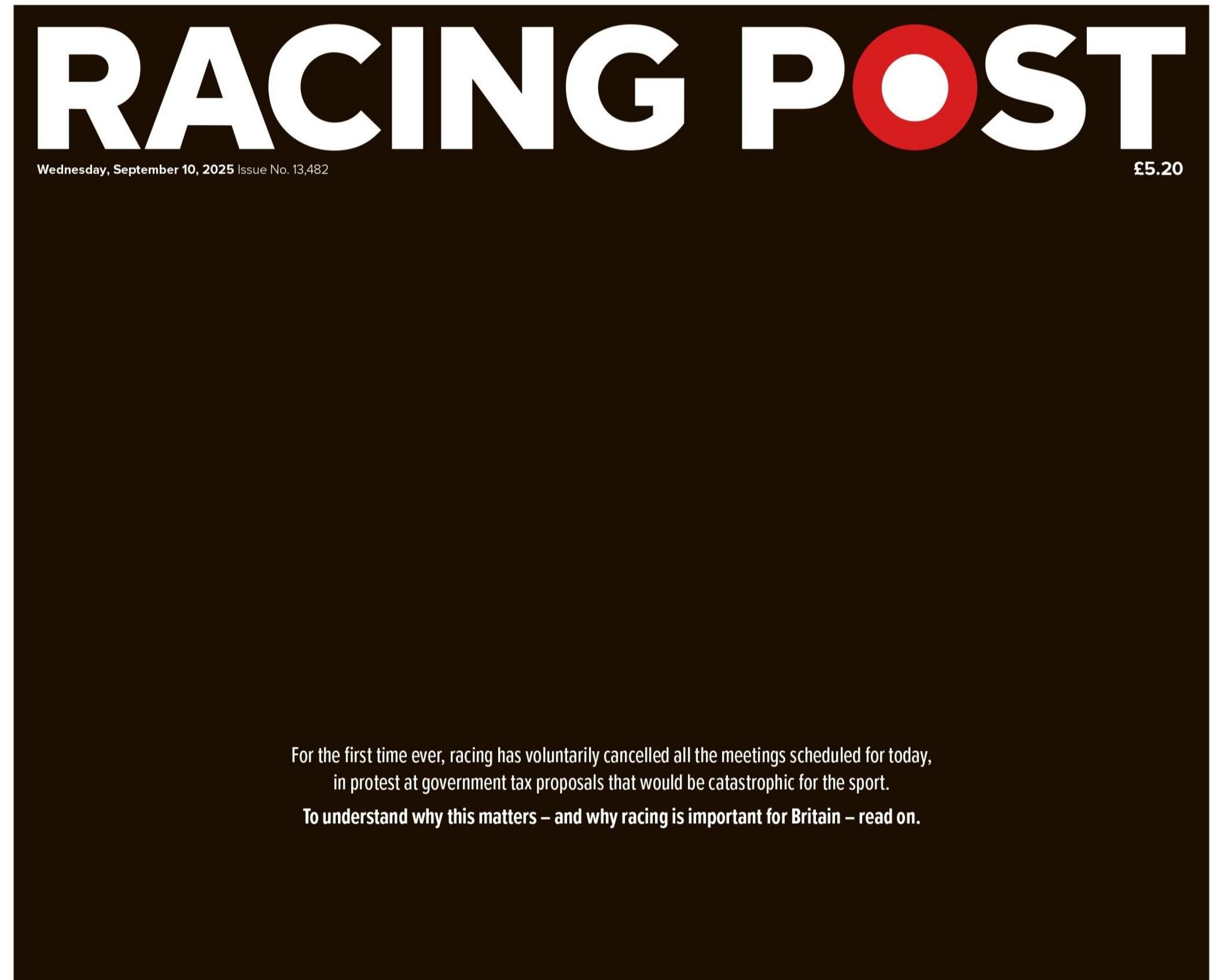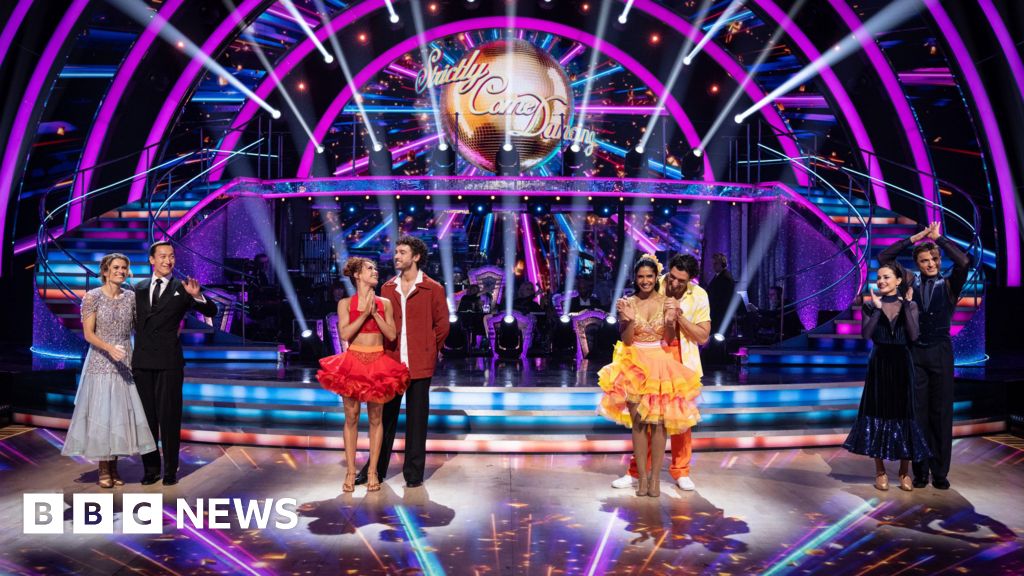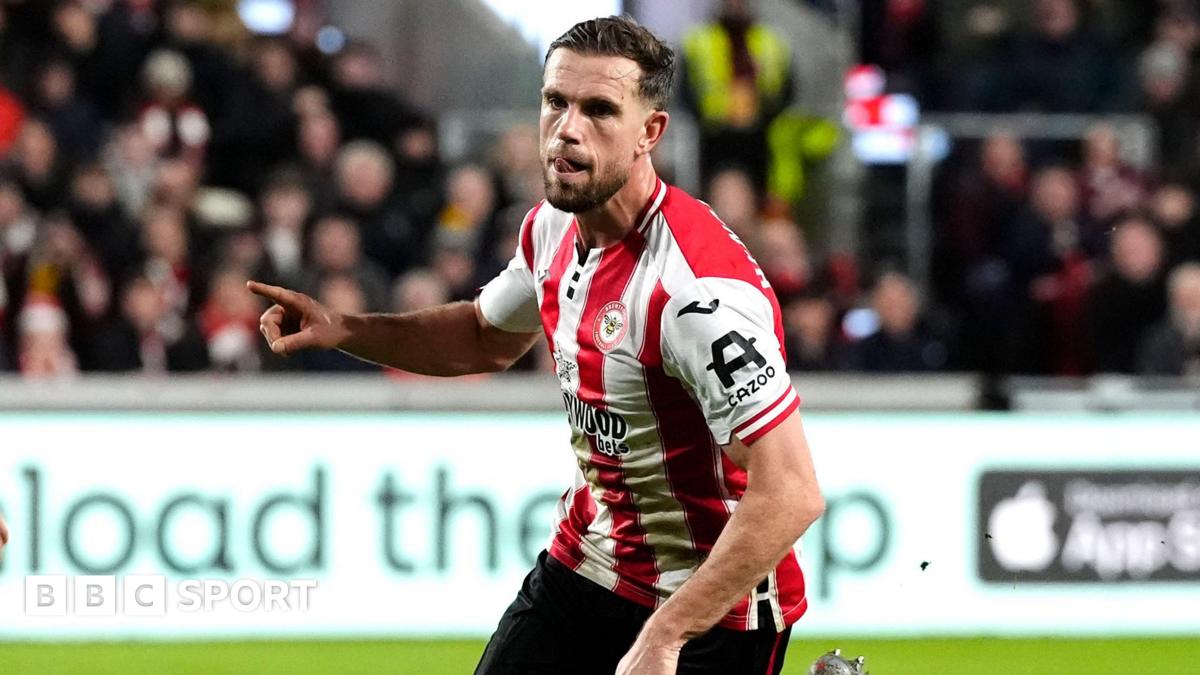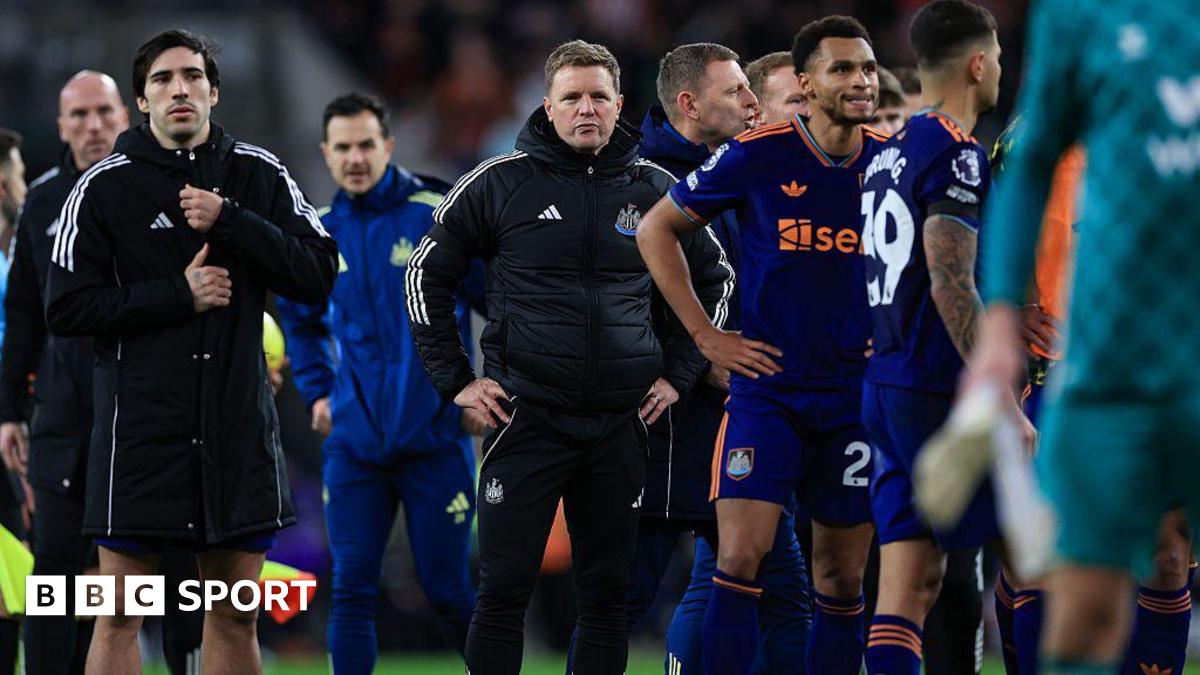Why is horse racing going on strike?
ByFrank Keogh & Joe Lynskey
BBC Sport senior journalists
British horse racing will stage a one-day strike on Wednesday in protest against the government's proposed tax rise on betting on the sport.
No fixtures will take place after four meetings were rescheduled by the British Horseracing Authority (BHA), which says a tax hike would cost millions in revenue and lead to thousands of job losses.
It is an unprecedented move - but what does it mean, what will happen on the day and how have we got here?
What fixtures have been rescheduled?
The following meetings have been switched to leave a blank day on Wednesday.
Lingfield Park (afternoon) - 8 September (afternoon)
Carlisle (afternoon) - 9 September (evening)
Uttoxeter (afternoon) - 11 September (evening)
Kempton Park (evening) - 15 September (evening)
What will happen on Wednesday?
There will be no racing in Britain, with leading jockeys, trainers and owners instead attending an event at Westminster where they will lobby MPs.
It is the eve of the four-day St Leger meeting at Doncaster, which Prime Minister Sir Keir Starmer attended last year, and is the first time the sport has voluntarily refused to race in its modern history.
Racing will be held in the Republic of Ireland, where the sole fixture takes place at Cork.
Usually the only blank days on the British racing calendar are at Christmas.
What are the government proposals?
The Treasury is looking to bring existing online betting duties into one single rate.
This could increase the 15% tax rate paid by bookmakers on racing and align it with online gaming, such as casino and slot games, which is currently taxed at 21%.
Chancellor of the exchequer Rachel Reeves' budget on 26 November is expected to bring tax rises.
But Exchequer Secretary to the Treasury, Dan Tomlinson, said: "The chancellor has been clear that speculation on tax rises, which is what this is, is not only inaccurate, but also irresponsible.
"We have not announced an increase in the tax on horse race betting, and racecourse betting currently gets a 100% tax break which we have no plans to change.
"We know horse racing is part of the cultural fabric of the country, that's why it's the only sector that benefits from a government-mandated levy. Our wider gambling consultation is only about leveling the playing field and simplifying the system, and we are working closely with the industry to understand any potential impacts."
How would tax rises hit horse racing?
Horse racing is the second-biggest spectator sport in Britain, behind football, with more than 1,400 fixtures a year.
Racing's leaders fear increased costs for betting operators would lead to less promotion and sponsorship of the sport, worse odds and reduced bonuses for customers - making betting on racing less attractive and potentially turning people towards the black market.
Betting turnover has already been hit by affordability checks for punters aimed at limiting problem gambling.
Reduced turnover has a knock-on effect as major bookmakers must give 10% of racing profits via a levy, which raises more than £100m a year, and is used towards race prize money and helping the sport in other ways.
Activists and some MPs believe increased taxes could help fund welfare spending and tackle harmful gambling.
Economic analysis commissioned by the BHA has shown that aligning the current tax rate paid by bookmakers on racing with online games of chance could result in a £330m revenue hit to the industry in the first five years.
It suggests 2,752 jobs will be put at risk in the first year alone.
What has the reaction been to the strike?
Jockey Tom Marquand said he and wife Hollie Doyle, also a leading rider, could be forced to move abroad if the funding of British racing is hit.
"It seems pretty sad we might have to think about emigrating somewhere else to make a living out of the sport that we so enjoy," he told BBC Sport.
"It's an important day for racing and hopefully a step in the right direction. It's a huge industry employing 85,000 people. The effect would be enormous."
When the BBC filmed at Windsor races on Monday, many punters were supportive of the action.
"It's a wonderful day out and we have a little flutter," said racegoer Alan Mills.
"Bookmakers need the money to come in to keep the business going. The sport should be promoted, rather than taking people's livelihoods away."
But the Betting and Gaming Council (BGC) - which represents betting shops, online betting and gaming operators and casinos - says it was not consulted.
"Racing's decision to reschedule fixtures was taken without consultation with betting operators, whose support for the funding of the sport is mission critical," it said in a statement.
"We are concerned that futile political gestures will only antagonise the government and frustrate punters instead of delivering a solution to a shared challenge facing both racing and betting."
 Image source, Racing Post
Image source, Racing Post
The Racing Post has a black front page on Wednesday
Will the strike action cost the sport?
The impact will be offset by the fixtures being rearranged, but there will be an estimated cost of around £200,000 in lost revenue on the day.
BHA chief executive Brant Dunshea said: "Betting on British horse racing must be treated differently.
"In racing, there is a skill to it, it is why it is such a cherished part of our national heritage. We say our product is different to other betting products, it's different in a positive way. It brings communities together."
He said higher taxes could push punters seeking the best odds towards bookmakers on the black market.
"We need to ensure any policy decisions that are taken are mindful of the potential unintended consequences," said Dunshea.
"One of those might be - and we've seen significant evidence of it globally - a migration of bettors away to illegal, unregulated betting markets who don't provide consumer protections, who don't contribute to the exchequer and who don't contribute back to the sport."
Is this a one-off strike?
No more strikes are planned as things stand, although further action at higher-profile race meetings has not been completely ruled out.
Wednesday's strike is "part of an overall campaign", said Dunshea.
Marquand added: "We're in a bit of a predicament.
"It's an important subject that is going to affect a lot of people's lives. Ultimately, I don't think there's a measure that's too far for racing to take to make sure it's heard on this, because it is so damaging."
The action is designed to publicise the BHA's 'Axe the Racing Tax' campaign. Its petition against the tax proposals had around 12,000 signatures going into Wednesday's action.
This article is from BBC Sport's Ask Me Anything team.
What is Ask Me Anything?
Ask Me Anything is a service dedicated to answering your questions.
We want to reward your time by telling you things you do not know and reminding you of things you do.
The team will find out everything you need to know and be able to call upon a network of contacts including our experts and pundits.
We will be answering your questions from the heart of the BBC Sport newsroom, and going behind the scenes at some of the world's biggest sporting events.
Our coverage will span the BBC Sport website, app, social media and YouTube accounts, plus BBC TV and radio.
.png)
 3 months ago
8
3 months ago
8








 English (US) ·
English (US) ·